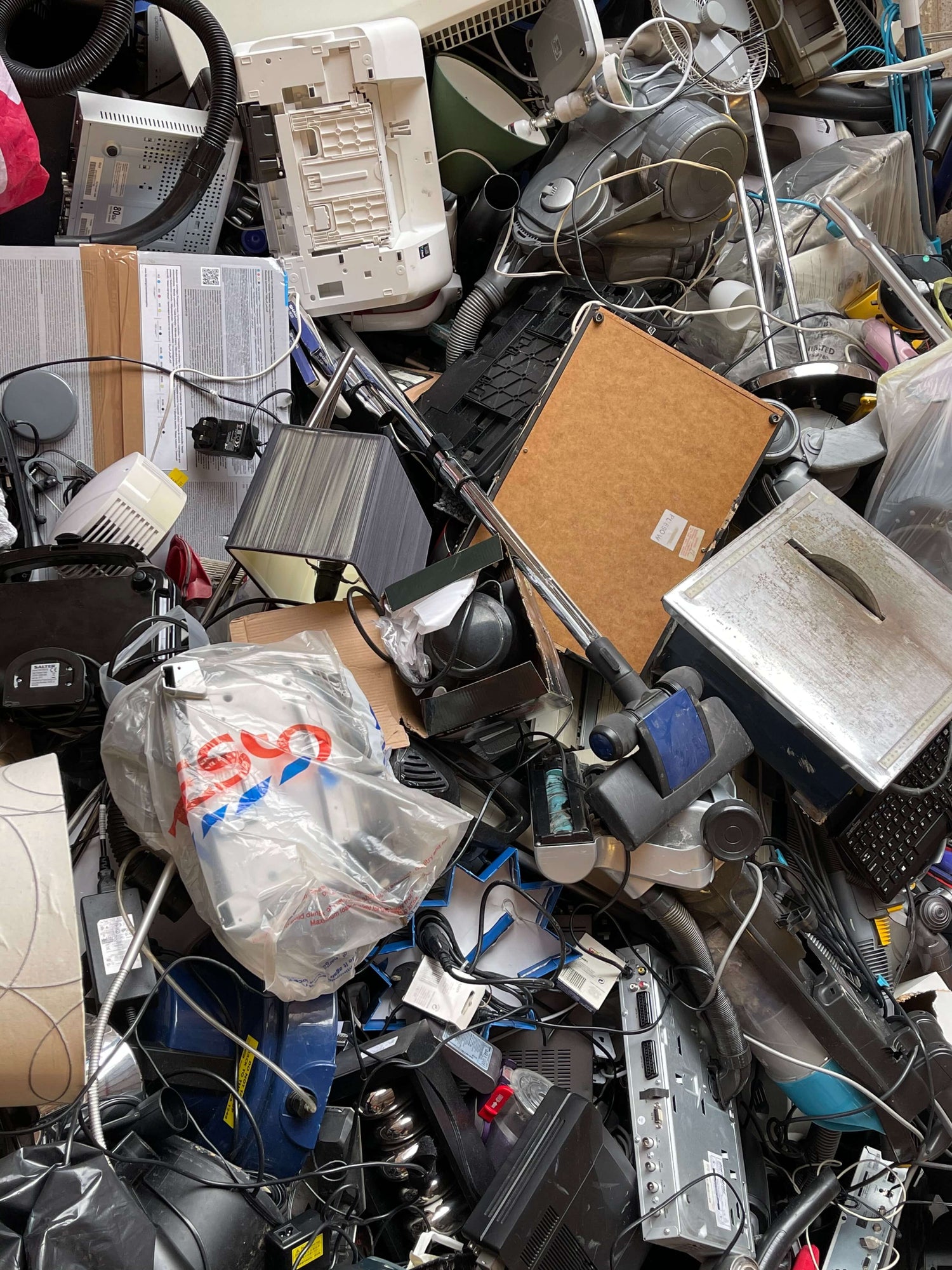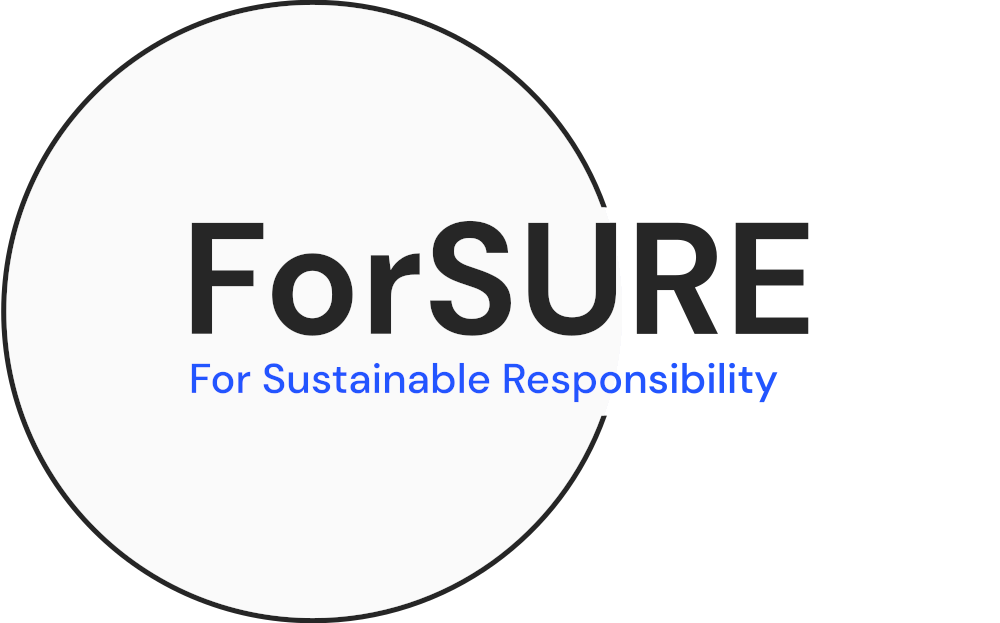
E-Waste Challenges Meet WEEE Solutions
WEEE Insight
In the digital age, the surge of electronic waste is undeniable, and the importance of WEEE reporting has never been more crucial to track and manage this challenge. WEEE (Waste Electrical and Electronic Equipment) emerges as a guiding light, offering solutions to the challenges of discarded electronics. But what makes WEEE so pivotal in today's waste management landscape?
The Origin
Europe's landfills once teemed with discarded electronics, signaling an environmental crisis. Recognizing the urgency, European nations championed the WEEE directives, setting a global standard for responsible e-waste management.
The Heart of the Matter: Why WEEE?
-
The Problem with E-Waste
In today's tech-driven world, e-waste has become a silent yet potent adversary. This discarded tech, laden with toxic elements, is more than just digital debris. Its environmental footprint is alarming, causing both ecosystem degradation and posing serious health risks to humans.
-
The Potential of WEEE
WEEE isn't merely a response to the e-waste crisis. Through effective WEEE management, it represents a vision for a sustainable future, turning challenges into opportunities. By focusing on resource recovery, WEEE opens the door to untapped economic opportunities. It's a transformative approach, turning what was once waste into valuable assets.
-
The Vision for the Future
The electronics industry is on the cusp of a design revolution. The dream? Devices that aren't just cutting-edge but are also built to last and champion sustainability. It's about reimagining our gadgets, ensuring they serve us longer and impact our planet less.
WEEE & EPR: A Dynamic Duo
WEEE directives and Extended Producer Responsibility (EPR) are transforming waste management. While WEEE zeroes in on electronics, EPR casts a wider net, holding producers accountable for their products' entire lifecycle. Together, they're reshaping our approach to waste, one product at a time.
Mastering WEEE Management
Mastering WEEE management begins at the grassroots with dedicated collection points, innovative take-back schemes, and a holistic approach to e-waste. But it doesn't stop there. The collected waste undergoes treatment to safely extract hazardous components. Efficient recycling processes then dive deep into this waste, extracting valuable materials for reuse. And for those remnants that can't be recycled? Eco-friendly disposal ensures minimal environmental impact.
Decoding WEEE Reporting
WEEE reporting is more than ticking boxes; it's a pledge to transparency and responsibility. Due to stringent regulations, producers are mandated to adhere to WEEE reporting protocols. This ensures they meticulously document the lifecycle of their electronic products, from production nuances to disposal details, upholding transparency and accountability throughout. With global regulations varying, this can be a daunting task. Yet, it's a crucial step in ensuring a sustainable electronic lifecycle.
Producers in the Spotlight
-
Innovative Electronic Design
WEEE's vision is transforming the electronics landscape, pushing for devices that last longer and have a minimal environmental footprint. It's not just about creating gadgets; it's about crafting a sustainable future through thoughtful design.
-
Navigating WEEE Regulations
The intricate world of WEEE regulations can be a labyrinth for producers. Yet, diving deep into this maze is essential, ensuring brands stay ahead of the curve and remain compliant.
-
The Benefits of Compliance
Embracing WEEE compliance, bolstered by effective WEEE Reporting, is not only a regulatory requirement but also a strategic move towards economic growth and brand trust. Brands that align with these values not only see a boost in their bottom line but also elevate their standing in the consumer's eyes.
Empowering Consumers
With WEEE directives shaping the industry, effective WEEE management ensures that consumers are not only informed but also empowered, finding clarity in product labels and making eco-conscious decisions. Recycling has never been easier, with producers setting up accessible centers. And when it comes to shopping? The electronics market is undergoing a green transformation, offering a range of eco-friendly options.
WEEE Solution
In our tech-driven world, WEEE management is
getting a digital upgrade. Enter tools like ForSURE. Designed to streamline WEEE compliance, ForSURE offers adaptability, catering to diverse business needs. From handling varied data structures to offering region-specific templates, ForSURE is the ally businesses need in their journey for WEEE compliance. Ready to transform your data handling processes? Explore the capabilities of ForSURE and take your WEEE data management to the next level.
A Future Insight
WEEE is not just a directive; it's a vision of a sustainable coexistence between electronics and the environment. With tools like ForSURE and a global commitment to WEEE, a harmonious future is not just a dream but a tangible goal. WEEE is our commitment to a greener tomorrow. As we navigate the challenges of electronic waste, every step we take, every tool we use, and every directive we follow brings us closer to a sustainable future.
EPR News Hub
-

EPR in Germany
Sell in Germany without compliance surprises. EPR requires producers, importers, and online sellers to register (LUCID, Stiftung EAR), report volumes and recycling under VerpackG, ElektroG, and BattG. Learn costs, deadlines, and how ForSURE automates reporting.
-

EPR in the Netherlands (UPV Explained)
Navigate Dutch EPR with confidence. UPV makes producers responsible for registration, reporting, and funding collection and recycling for packaging, textiles, electronics, batteries, and more. Learn your obligations, key categories, and how ForSURE simplifies compliance.
-

Understanding the EPR Stakeholder Ecosystem: A ...
Discover key insights from our new EPR Stakeholders Whitepaper, exploring how collaboration between producers, PROs, and regulators can simplify compliance, reduce complexity, and drive a smarter approach to EPR in 2025.
Unlock More EPR
insights with ForSURE!
×
EPR: Your Journey Starts!
Let's explore the future of responsible retailing together.



